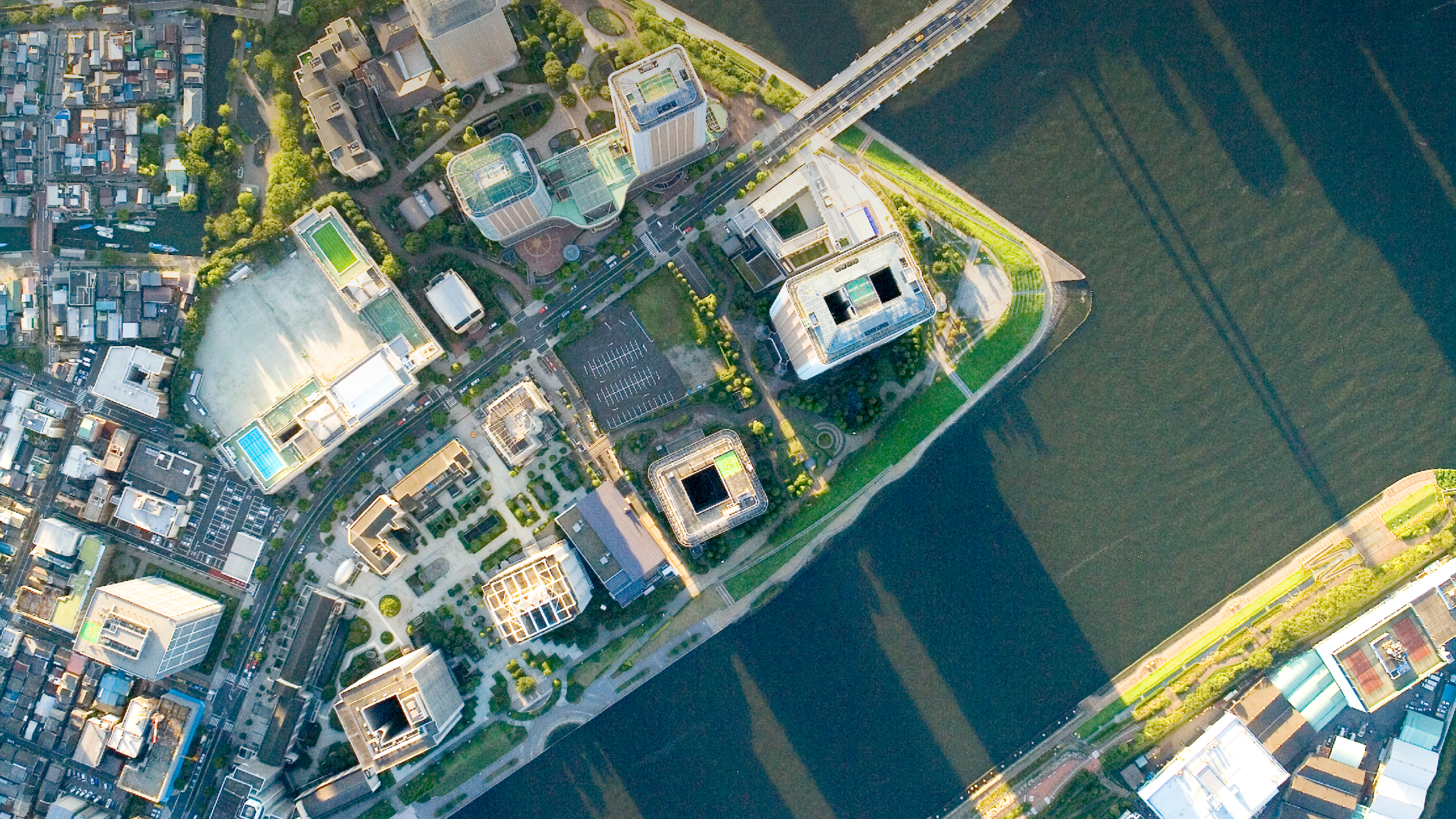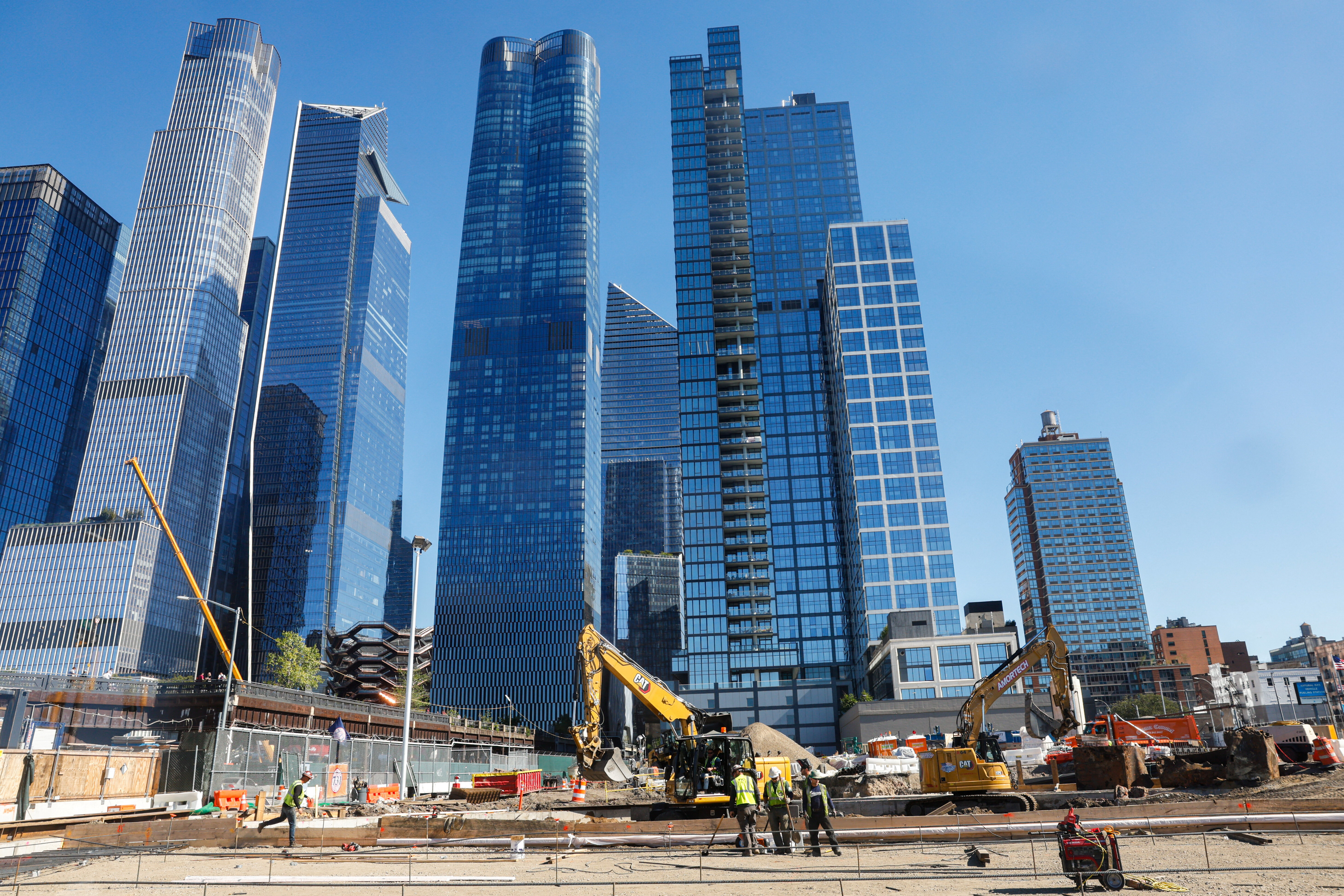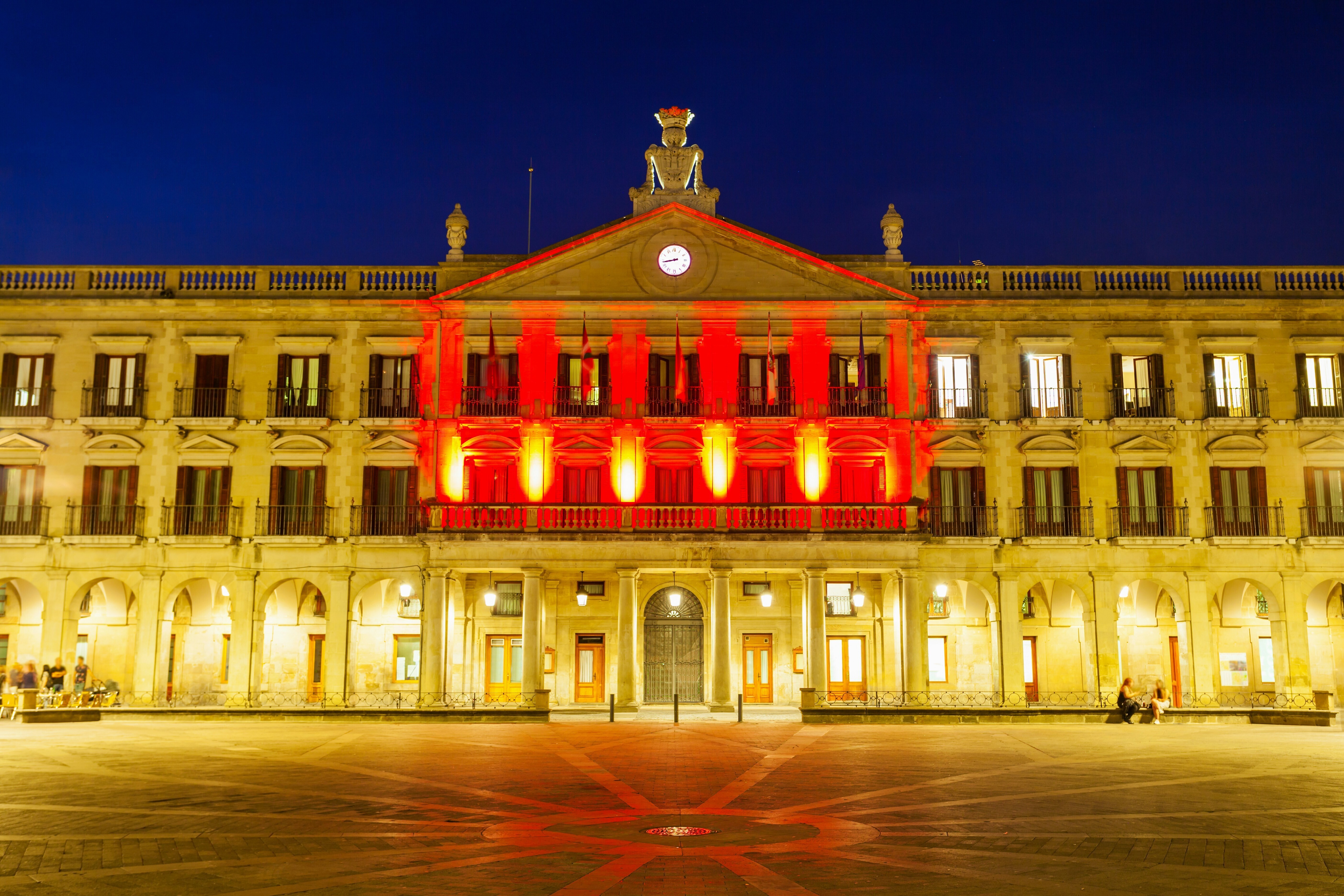Here's how technology is tackling inclusion issues in smart cities

Utilizing data and new technology will unlock cities' potential, along with all its inhabitants. Image: Unsplash/Matteo Catanese
- By 2050, nearly 70% of people will live in a city.
- The World Bank helps cities harness data and cutting-edge technology to grow inclusively and sustainably.
The world is urbanizing at an unprecedented speed and scale, with more than half the global population living in cities today… rising to nearly 7 out of 10 people in cities by 2050.

Rapid urbanization and the increasing frequency and severity of disasters, due to extreme weather events exacerbated by the impact of climate change, are putting more people and assets at risk, and the situation is only getting worse.
Compounding this, conflicts are on the rise.
Globally, over 70 million people have fled their homes from conflict or persecution either as refugees, internally displaced persons, or asylum seekers.
Contrary to what some may think, most of the displaced people don’t live in camps. In fact, it’s estimated that about 60%–80% of the world’s forcibly displaced population lives in urban areas.
Inclusion matters
Bearing these challenges in mind, for us to achieve an inclusive world that leaves no one behind, we need to tackle exclusion in three dimensions:
First, spatial exclusion. The choices that are made about how cities are built, inhabited, and maintained will have long-term global effects. Failures of a city’s governance, planning, and service delivery systems can exacerbate its problems – such as socioeconomic disparities, the proliferation of slums and informal settlements, urban sprawl, and the degradation of natural ecosystems.
On the other hand, well-planned, compact, and connected cities can increase productivity and boost a city’s competitiveness; improve livability by providing access to land, housing, transport, and services; and protect the natural environment.
The second critical element to tackle is economic exclusion. Global evidence shows that if well-managed, cities can spur economic development by boosting incentives for investment through higher economic density and proximity – to support clusters of firms, and to more efficiently connect workers with jobs and opportunities.
And, the third critical issue to tackle is social exclusion and leave no one behind. Growing urbanization can create great opportunities for social mobility, both for men and women. However, not everyone automatically benefits from urbanization, and some disadvantaged groups face barriers to thriving in urban areas.
Women and girls often experience cities in a different way, and can face challenges unique to them in adapting to, and thriving in, an urban environment. A lack of services and infrastructure can affect women disproportionately when they are primary caregivers for children, the sick, and the elderly.
In many countries, women are over-represented in the informal urban economy, working in unhealthy or unsafe conditions. Women can also be at risk of violence in urban areas. At the same time, women tend to be underrepresented in local government or urban planning processes.
Persons with disabilities are another group who face particular barriers to inclusion in urban areas. Around 15% of the world’s population are estimated to live with a disability (WHO estimate), and in increasingly aging societies, this number is likely to increase. Persons with disabilities face widespread lack of accessibility to roads and housing, to public buildings, basic services, such as health, education, public transportation, and emergency response and disaster preparedness programs.
And when urban floods and disasters due to natural hazards hit, it’s the poor people who are hit the hardest. But not only poor people face greater risks during natural hazards: migrant workers, the elderly, people with disabilities, and people who work in trades that are most susceptible to disruption during natural hazards, can all be at particular risk of exclusion. They may be left out of the evacuation or relief process, because they have less power or because they are discriminated against.
Persons with disabilities and elderly people face particular challenges during emergency events: warnings and evacuation notices may not reach them, they may be left behind during evacuation, they may be separated from family members or caregivers, or from assistive devices like wheelchairs or prosthetics.
Technology facilitates inclusion
So how do we make a more inclusive world?
Technology is a critical enabler to help facilitate inclusion through: citizen participation, better targeting of government support and universal access to services, tailoring services for the community, and democratizing access to city policymakers.
- Together with the city of Tbilisi, Georgia, we are using social media data and semantic analysis to map the use of public space and citizen’s perception on their quality and availability that helps prioritize and better plan investments of public spaces and infrastructure in the city;
- In Port-au-Prince (Haiti) we have used the cell-phone data records, combined with machine learning techniques, to identify the most common traffic patterns and the vulnerabilities of the transport network subject to flooding risk in order to better plan and protect the city’s transport infrastructure going forward;
- Through City Planning Labs, we are using big data with satellite images to conduct rapid assessments of land use in Indonesian cities to develop cadaster plans and data-based urban development-modeling tools, which otherwise would not be accessible to small and medium cities in the country;
- In La Paz, Bolivia, in partnership with Cities Alliance, we have supported the creation of an SMS/online citizen engagement platform (Barrio Digital) for citizens to identify the needs for infrastructure improvements and interventions in the city
- In Dar Es Salaam, Tanzania, we have used the OpenStreetMaps and other open source platforms together with local volunteers to collect detailed terrain information and develop flood models that supported resilience infrastructure plans and preventive flood measures in the city.
No wonder it is often asserted that “the battle for our shared sustainable future will be won or lost in cities.” We at the World Bank stand ready to support our partner countries and stakeholders on their path to making a more inclusive urban world.
Don't miss any update on this topic
Create a free account and access your personalized content collection with our latest publications and analyses.
License and Republishing
World Economic Forum articles may be republished in accordance with the Creative Commons Attribution-NonCommercial-NoDerivatives 4.0 International Public License, and in accordance with our Terms of Use.
The views expressed in this article are those of the author alone and not the World Economic Forum.
Stay up to date:
Data Science
Related topics:
Forum Stories newsletter
Bringing you weekly curated insights and analysis on the global issues that matter.







